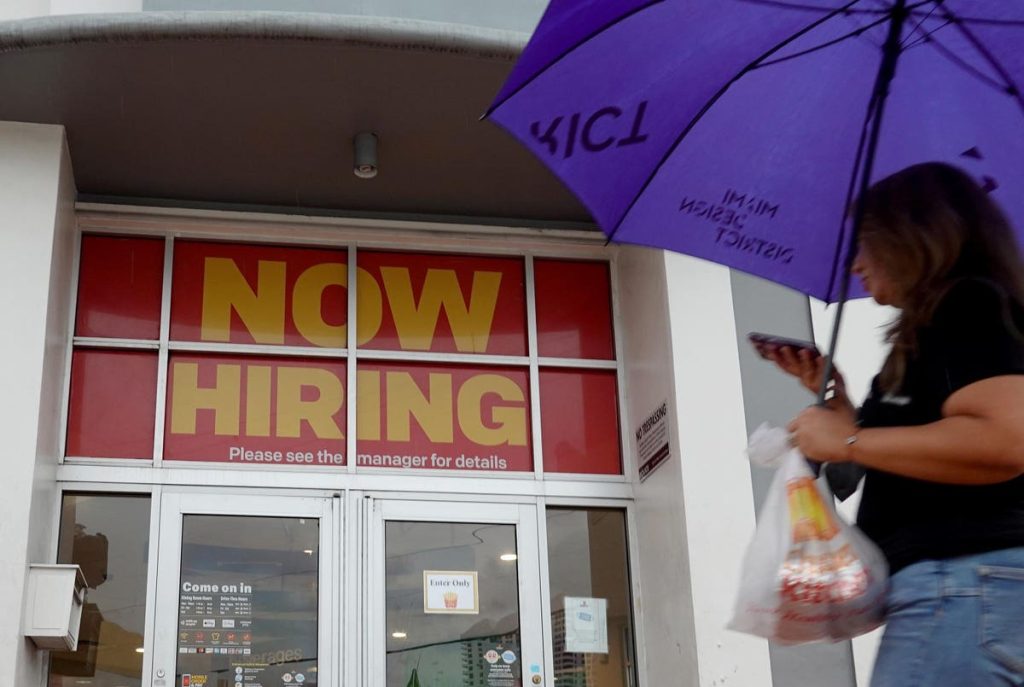Before this morning’s BLS jobs report, all indicators were suggesting some slowdown in the labor market.
The job vacancy rate had slipped to 5.8%, down from its peak of about 7% last year. Unemployment Insurance claims over the past several months have been creeping up, along with reports of rising layoffs. Economists had expected payroll growth to dip under 200,000.
But the labor market data for April surprised us, yet again. Payroll growth rose by 253,000, showing strength in a variety of sectors – and with professional services, health care and leisure/hospitality continuing to show strong gains. On the household side, the unemployment rate dipped slightly to 3.4% – a rate as low or lower than anything seen since 1969. The labor force participation rate stayed the same, after inching upwards during the previous three months.
And wage growth was stronger than it has been over the past several months – on an annualized basis, wages grew 5.7%; over the past two months, they have grown 4.5% – rebounding from some smaller increases seen in earlier months this year. The data suggest that employers are still willing to pay higher compensation to attract more workers to their jobs.
What’s going on? The labor market seems to defy slowdowns in retail sales, housing and other sectors that we see. One set of changes made sense: BLS revised payroll growth in the previous two months downwards by substantial amounts. In February, payrolls grew by 248,000 rather than the earlier estimate of 326,000; in March, they grew 165,000 rather than 236,000.
Over the past three months, we now see that payroll growth has averaged 222,000. Such growth is consistent with a gradual slowing of the labor market below the sizzling rates of growth observed in 2021-22. Wage growth at 4.5% over the past two months is a bit lower than overall compensation increases seen in January-March in the Employment Cost Index.
Still, the labor market retains surprising strength. Jay Powell and the Fed might pause interest rate growth temporarily, while more data come in – but they might yet conclude that there is more work to done in bringing down inflation.
Read the full article here
